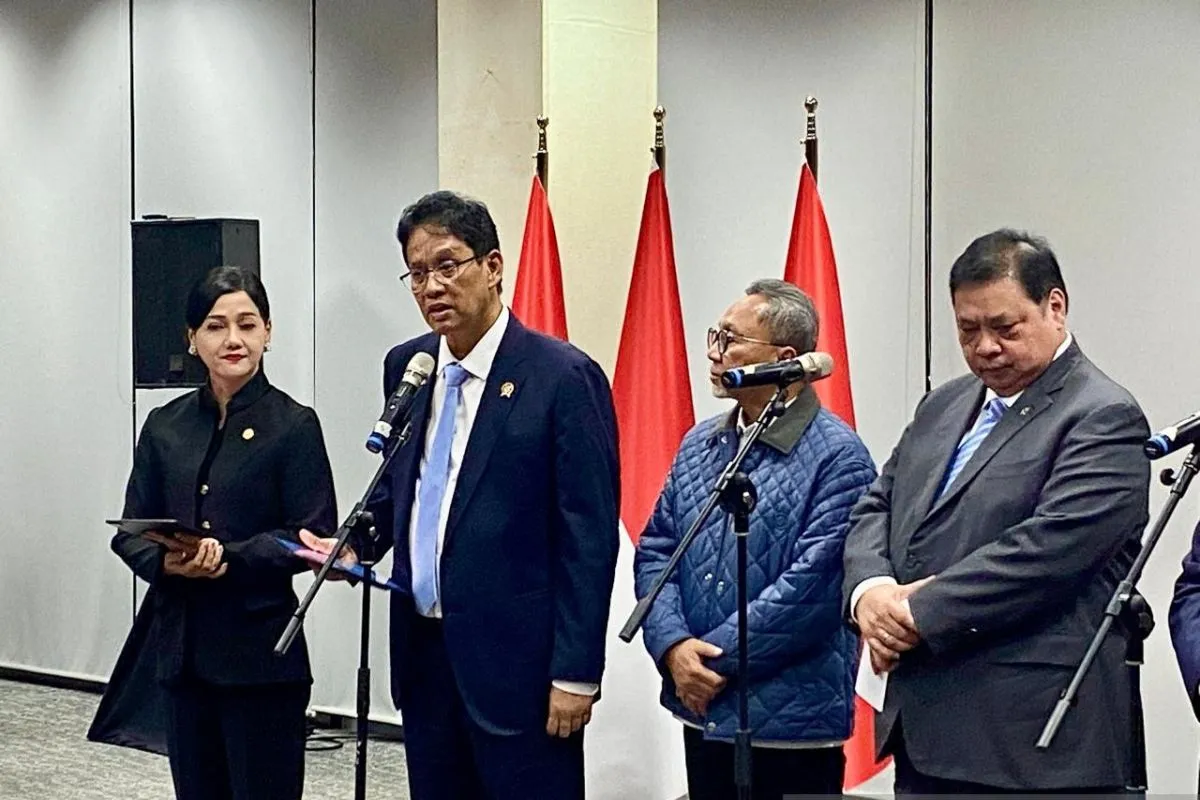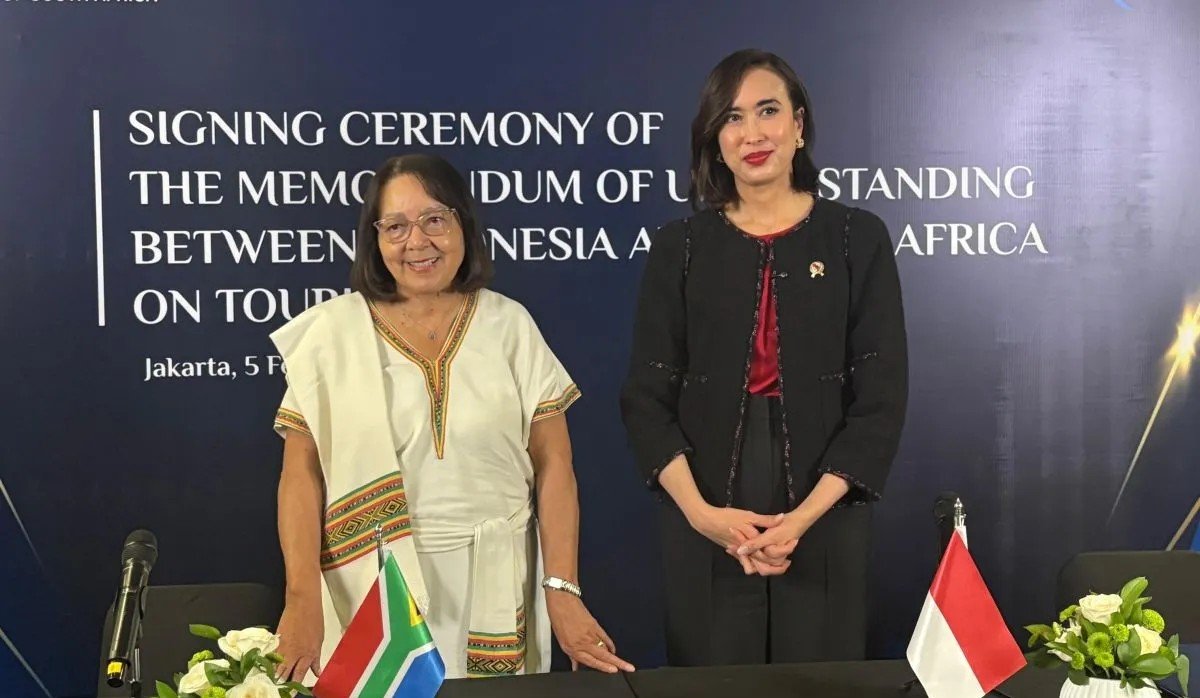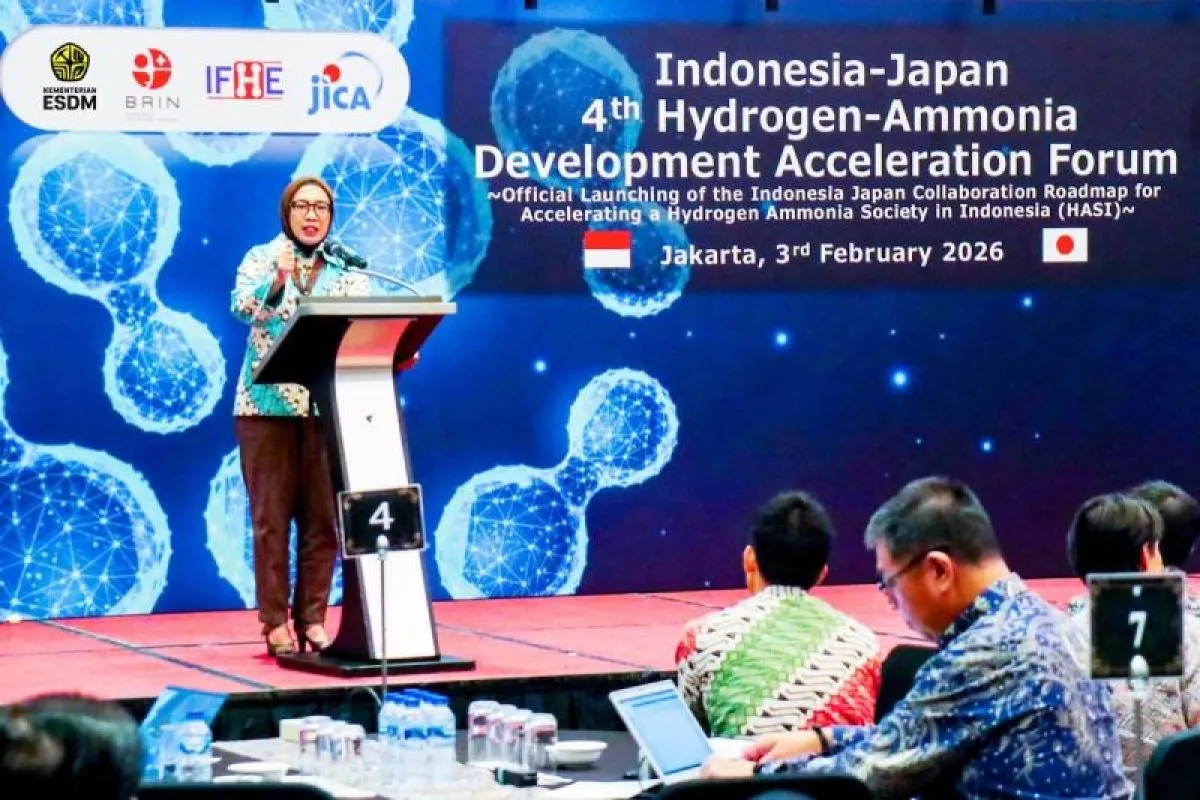Jakarta, November 15, 2024 — The Europe Today: The quality of Indonesia’s public services in 2024 has seen significant progress compared to 2021, according to Mokhammad Najih, Chair of the Indonesian Ombudsman. Speaking at the 2024 Public Service Compliance Assessment Awarding Event, Najih highlighted that the number of public service providers categorized in the Green Zone has surged from 179 in 2021 to 494 in 2024.
Najih credited this improvement to the strong commitment from various stakeholders to adhere to laws and regulations in delivering public services. “This success is not only a figure but also reflects a fundamental change in the culture of service in various institutions,” he stated.
The assessment covered multiple categories, showcasing advancements across institutions, provincial governments, city governments, and district governments:
Institutional Category: Out of 14 institutions assessed, 11 achieved Green Zone status, while 3 were in the Yellow Zone. The top-performing institutions were Statistics Indonesia (94.99), the Food and Drug Supervisory Agency (94.94), and the National Narcotics Agency (93.22).
Provincial Governments: Among the 34 provinces evaluated, 28 reached the Green Zone, 5 were in the Yellow Zone, and 1 remained in the Red Zone. North Sulawesi (98.63), Central Java (98.21), and Yogyakarta (97.22) led in performance.
City Governments: Of the 98 cities assessed, 94 were rated in the Green Zone, and 4 in the Yellow Zone, with Magelang City (99.61), Surakarta City (99.14), and Yogyakarta City (98.91) achieving the highest scores.
District Governments: Out of 416 districts, 339 were classified in the Green Zone, 55 in the Yellow Zone, and 22 in the Red Zone. Wonogiri (99.71), Sukoharjo (99.36), and Tuban (99.03) ranked as the top districts.
Najih emphasized the reduction in Red Zone service providers from 92 in 2021 to 23 in 2024 as a testament to the success of various reform initiatives. Despite this progress, he urged continued efforts to ensure no public service falls behind, calling for ongoing collaboration and heightened awareness among all stakeholders to eliminate the Red Zone entirely.














